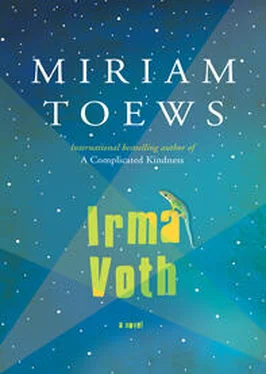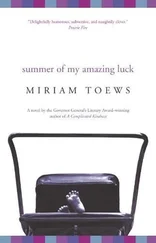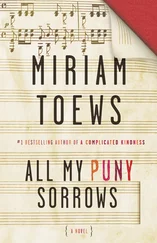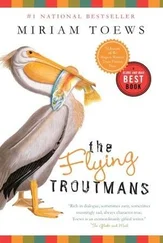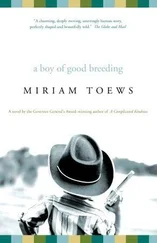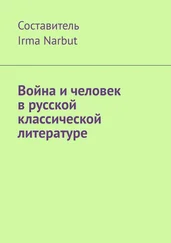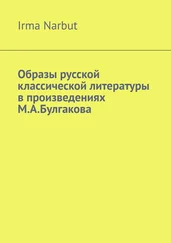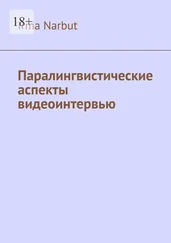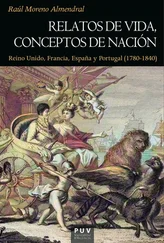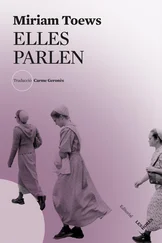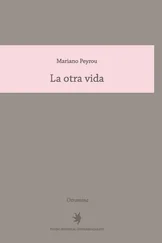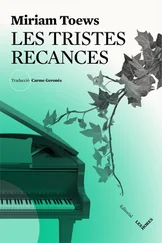Make sure you look sharp and behave yourself, I told him. But I didn’t really say it correctly in Spanish so he didn’t get the little joke which wasn’t funny anyway and he just nodded and said he’d wait all night and all year if he had to. And I wasn’t used to that kind of romantic speaking so I said no, it wouldn’t take that long. I wanted to tell him that I had tried most of my life to do things that would make people stay too, and that none of them had worked out, but then I thought that if I said that our relationship would always be defined by failure.

Jorge came to visit me a few times, secretly, on his way between El Paso and Chihuahua city. We would lie in the back of his truck and count the number of seconds it took for jet streams to evaporate. If you happened to fly over this place you’d see three houses in a row and nothing else for miles but cornfields and desert. Mine and Jorge’s in the middle and on one side of us my parents’ house and on the other side an empty house where my cousins used to live, the space between them approximately the size of a soccer pitch or a cemetery. On a clear day I can see the Sierra Madre mountains way off in the west, and sometimes I talk to them. I compliment them on their strength and solidity, and by hearing myself talk that way I am reminded that those words exist for a reason, that they’re applicable from time to time. It’s comforting. There are a few little villages around here. Some are Mexican and some are Mennonite, we’re sorted like buttons, and we’re expected to stay where we’re put.
If Jorge visited in the evening he and I would lie in the back of his truck and stare at the stars and trace the shapes of various constellations and touch each other’s bodies very gently like we were burn victims. Jorge told me that I didn’t have to be so nervous. Don’t you want to leave this place? he said.
I think so, I said.
So even if your father finds out about us the worst thing that can happen is we go away.
I know, but, I said. But then we can’t come back, really.
So, he said. Why would you want to?
Well, I said. I would miss my mother and my sister and—
But Irma, he said, you could visit them secretly just like what we’re doing right now.
I don’t know, I said.
But you and I are in love, he said. We’re eighteen now. We don’t need our mothers so much.
He told me that it was like a star museum out here, there were so many of them, every different kind from all the ages, stored right here in my campo for safekeeping. He said I could be the curator of the star museum.
I’d rather not.
I was just saying stuff.
I know, I said, but I’m not good at keeping things safe.
I know, he said, I didn’t mean it for real, it was just a thing to say.
I know, I said, but I can’t be the curator of anything.
Okay, Irma. I understand. You don’t have to take care of the stars, okay? That was just stuff to say. It was stupid.
I had meant to tell him, again, that I wasn’t good at keeping promises or secrets or people from leaving. I kept meaning to tell Jorge things.
On our wedding day nobody came except the justice of the peace from the Registro Civil in Cuauhtémoc, who finished the ceremony in under a minute. He got lost trying to follow Jorge’s directions to our campo and it was dark by the time he finally showed up. Jorge had brought a candle with him and he lit it and put it next to the piece of paper we had to sign and when I leaned over to write my name, Irma Voth, my veil caught on fire and Jorge pulled it off my head and threw it onto the ground and stomped the fire out. We were in a sheltered grove near my parents’ farm. The justice of the peace told me I was a lucky girl and Jorge grabbed my hand and we took off, running. He wore a white shirt that was too big on him and hard plastic shoes. We didn’t really know what to do but after a while we stopped running and we walked around for a long time and then we went to my house and told my parents that we had got married and my mother went to her bedroom and closed the door softly and my father slapped me in the face. Jorge pinned him to the wall of the kitchen and said he’d kill him if he did it again. I went into my mother’s bedroom and we hugged each other and she asked me if I loved Jorge. I said yes. I told her that he and I were going to go to Chihuahua city now and that we would live with his mother for a while until we found jobs and our own place to live. Then my father came into the room and told me that Jorge and I weren’t going anywhere, that we were going to live in the house next door and work for him and that if we didn’t he’d turn Jorge over to the cops and that the cops would sooner put a bullet in the head of another greasy narco than bother with the paperwork of processing him. He didn’t say it in a fierce or menacing way, just in a way that made it clear and final. And then he left the house and my mother went into the kitchen and put some buns and cheese onto the table and a rhubarb platz that she cut up into small pieces. Jorge and I sat down with her, on either side, and she held our hands and prayed for our happiness and for an everlasting love. She spoke quietly so the other kids wouldn’t wake up. After that she whispered congratulations to us in Low German and I told Jorge what she had said and they smiled at each other, I had forgotten how pretty her smile was. Jorge thanked her for the gift of me and she asked him to protect and cherish that gift. Then my father came back into the house and told us to get out and that we were no longer welcome in his home. Jorge and I walked down the road to our house and he took my hand and asked me if I believed what the justice of the peace had said, that I was a lucky girl. I looked west towards the Sierra Madre mountains but I couldn’t make them out in the darkness. Jorge’s hand was a little sweaty and I squeezed it and he was kind enough to let that be my answer.
We lived in the house for free but worked for my father for nothing. We looked after the cows so that he could work the fields and travel around from campo to campo imploring people to continue with old traditions even though the drought was killing us. The plan was that when my little brothers were older they would help him with the farm, and Jorge and I would be booted out of the house. Jorge said he wasn’t worried about that because he had other opportunities to make money and eventually he and I could follow our dream of living in a lighthouse. We didn’t know of one but he said he knew people in the Yucatán who would help us. I didn’t even really know exactly where the ocean was.
But none of that actually matters now and it’s embarrassing to talk about because Jorge is gone and I’m still here and there’s no lighthouse on my horizon as far as I can see.

Jorge came and went all that year and I never knew when he’d show up but when he did it wasn’t for long so I really saw no one, except the cows.
One morning my little sister Aggie snuck over and gave me some news. She told me that filmmakers from Mexico City were moving into the empty house next to mine and our father said she wasn’t supposed to talk to them or in any way whatsoever to acknowledge them.
She also told me that she had a new dream of becoming a singer of canciones rancheras, which are ballads of love and infidelity and drunken husbands. She had new dreams every day.
I missed Aggie. I missed her big laugh and her little tricks. I missed listening to her practice her swearing deep under the blankets so our parents wouldn’t hear. She has white-blond hair and a brown face from the sun and blue eyes that are so light they’re almost translucent, like a wolf. She told me that the sun and the moon are the two eyes of God and when one disappears the other one pops up to keep spying on us. When we can see them both at the same time we’re in big trouble and all we can do is run. Since I married Jorge she hadn’t been allowed to talk to me, which is why she had to sneak over, but it wasn’t really sneaking, not entirely, because our mother usually knew when she was coming and sometimes sent things along.
Читать дальше
